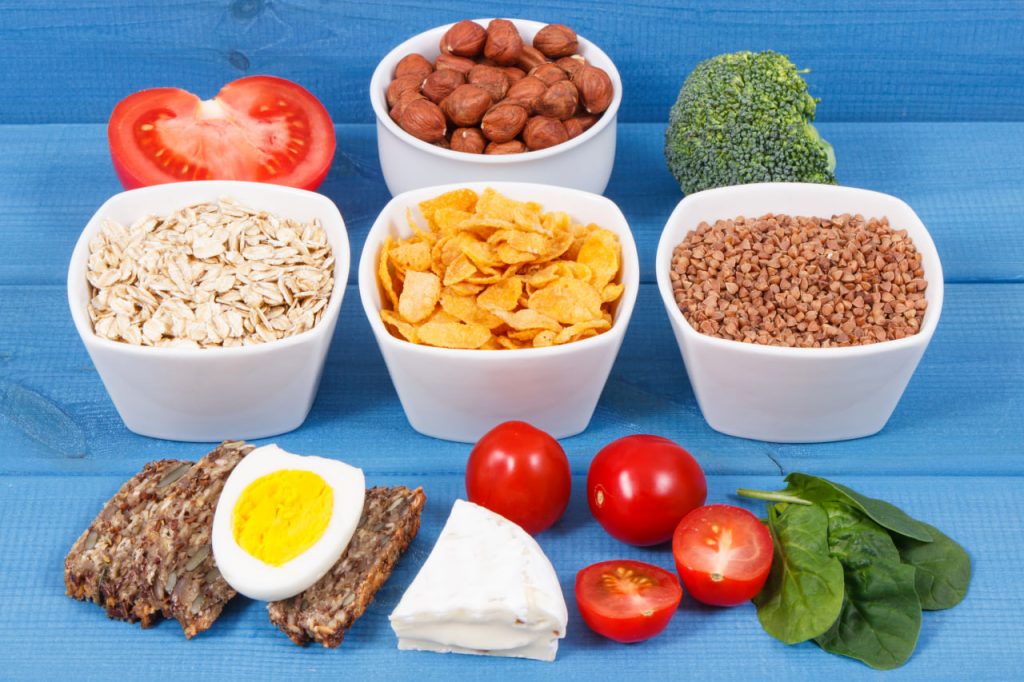Modern life has made food more convenient than ever, but at what cost? Ultra-processed foods (UPFs) have become a staple in many diets, yet they are increasingly linked to serious health issues. From obesity and diabetes to heart disease and even depression, the risks of consuming these foods regularly cannot be ignored. Let’s break down what UPFs are, why they’re harmful, and how to make healthier choices.
What Are Ultra-Processed Foods?
Ultra-processed foods are industrially manufactured products that contain little to no whole foods. They are typically loaded with artificial ingredients, preservatives, and additives designed to enhance taste, texture, and shelf life. These foods often include:
- Sugary drinks and flavored sodas
- Packaged snacks like chips and cookies
- Instant noodles and frozen meals
- Processed meats like hot dogs and deli slices
- Sweetened breakfast cereals and flavored yogurts
Unlike minimally processed foods (such as frozen vegetables or whole-grain bread), UPFs go through multiple stages of processing, stripping away natural nutrients and adding unhealthy elements.
Why Are Ultra-Processed Foods Harmful?
High in Unhealthy Fats, Sugar, and Salt
UPFs are designed to be hyper-palatable, meaning they trigger pleasure centers in the brain, leading to overeating. Excessive sugar and unhealthy fats contribute to weight gain, diabetes, and heart disease.
Lack of Essential Nutrients
Because these foods are heavily processed, they often lack fiber, vitamins, and minerals. This can lead to nutritional deficiencies, even in people who consume enough calories.
Linked to Chronic Diseases
Studies have shown that diets high in ultra-processed foods are associated with an increased risk of obesity, cardiovascular disease, and even some types of cancer.
Disrupt Gut Health
UPFs often contain emulsifiers and artificial sweeteners, which can negatively impact gut bacteria, leading to digestive issues and inflammation.
How to Reduce Ultra-Processed Foods in Your Diet
Read Ingredient Labels – The longer the ingredient list (especially with unfamiliar names), the more processed the food likely is.
Cook More at Home – Preparing fresh meals allows you to control ingredients and avoid unnecessary additives.
Choose Whole Foods – Opt for fruits, vegetables, whole grains, and lean proteins whenever possible.
Be Wary of ‘Healthy’ Processed Foods – Many products marketed as “low-fat” or “high-protein” still contain artificial additives and excess sugar.
Final Thoughts
Ultra-processed foods may be convenient, but their long-term health risks outweigh the short-term benefits. By gradually replacing these foods with whole, natural alternatives, you can improve your overall well-being and reduce the risk of chronic disease. Small changes can make a big difference—start by making one healthier choice today!

